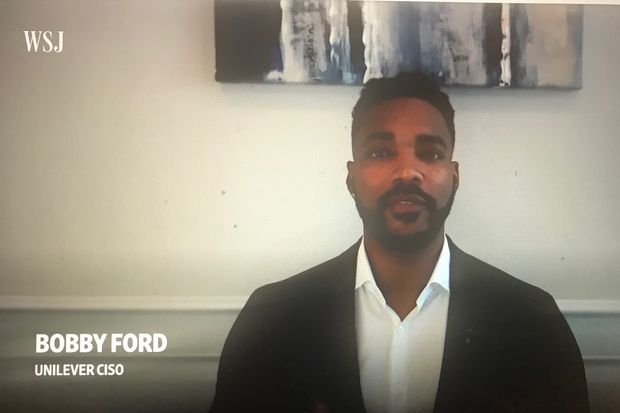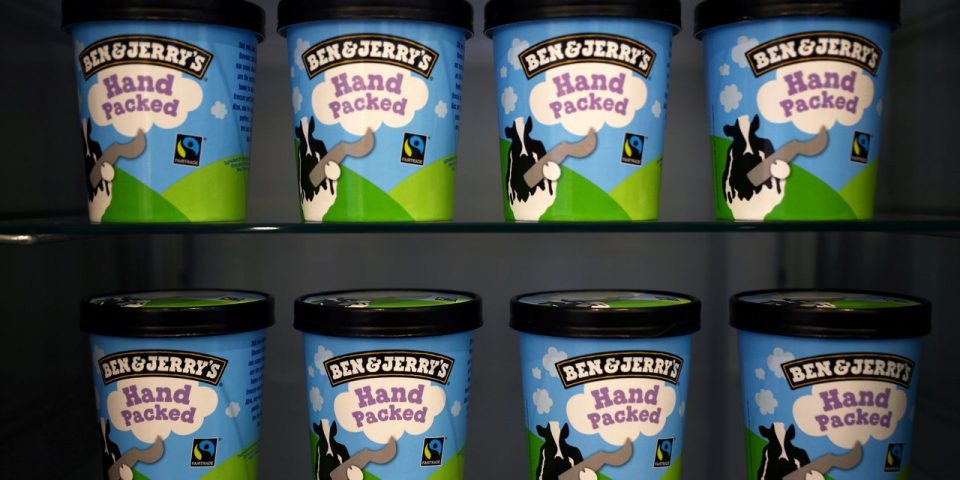To identify areas that are critical to its cybersecurity efforts,
Unilever
PLC takes a simple approach: Pay extra attention to the parts that are essential for the company to make money.
“We prioritize our ability to operate,” says Bobby Ford, the company’s chief information security officer. “We recognize how important it is to get products to our customers,” he said, while speaking at The Wall Street Journal’s Pro Cybersecurity Executive Forum on Wednesday.
For Unilever, which makes Dove soap, Hellmann’s mayonnaise and Ben & Jerry’s ice cream—products that have seen strong sales during Covid-19 lockdowns—that means safeguarding roughly 300 manufacturing plants in 190 countries around the world.
Mr. Ford said individual factories often deploy different technologies, making it difficult to apply a one-size-fits-all approach to security, such as monitoring tools or patches aimed at preventing ransomware attacks: “Not all factories are created equal.”
To cope, Unilever has established a dedicated team responsible for protecting each of its plants, he said.

“What I bring to the table is threat intelligence, and what the company brings is business intelligence,” said Bobby Ford, Unilever’s CISO, at The The Wall Street Journal’s Pro Cybersecurity Executive Forum on Wednesday.
Photo:
Tom Loftus / The Wall Street Journal
Within the framework of a multiyear plan, led by Mr. Ford, the company’s operations team is building a registry of digital assets for each plant and identifying vulnerabilities.
Once identified, the next step is to segment a plant’s digital-technology network within the company’s broader systems, to prevent an attack spreading from the factory floor to other manufacturing facilities and across the corporate network, Mr. Ford said. Efforts can then turn to the process of securing the plant.
The approach also involves deciding which plants are more important than others, and require a stronger focus, he added.
“You really have to have a candid conversation about who is critical and who is not,” Mr. Ford said: “What I bring to the table is threat intelligence, and what the company brings is business intelligence.”
He said getting security teams into factories during the pandemic has been an added challenge. Each plant has additional safety measures and equipment in place, while shop-floor workers are required to wear protective gear. As such, he added, the team has had to balance workers’ safety with the need for extra personnel in a facility.
The plan is to complete the process at each of the most crucial plants within 90 days, Mr. Ford said. “I’m hoping that one day we notice that it’s operationalized,” he said.
Write to Angus Loten at [email protected]


